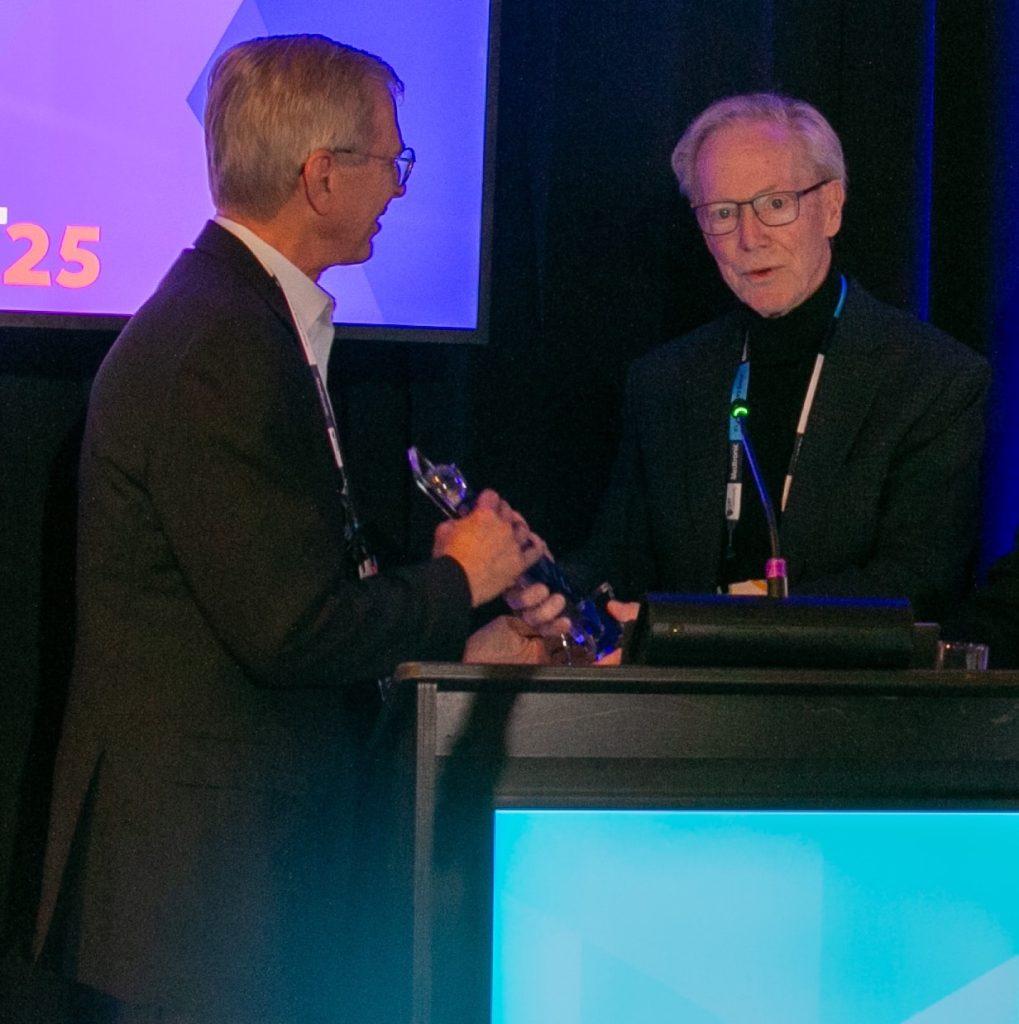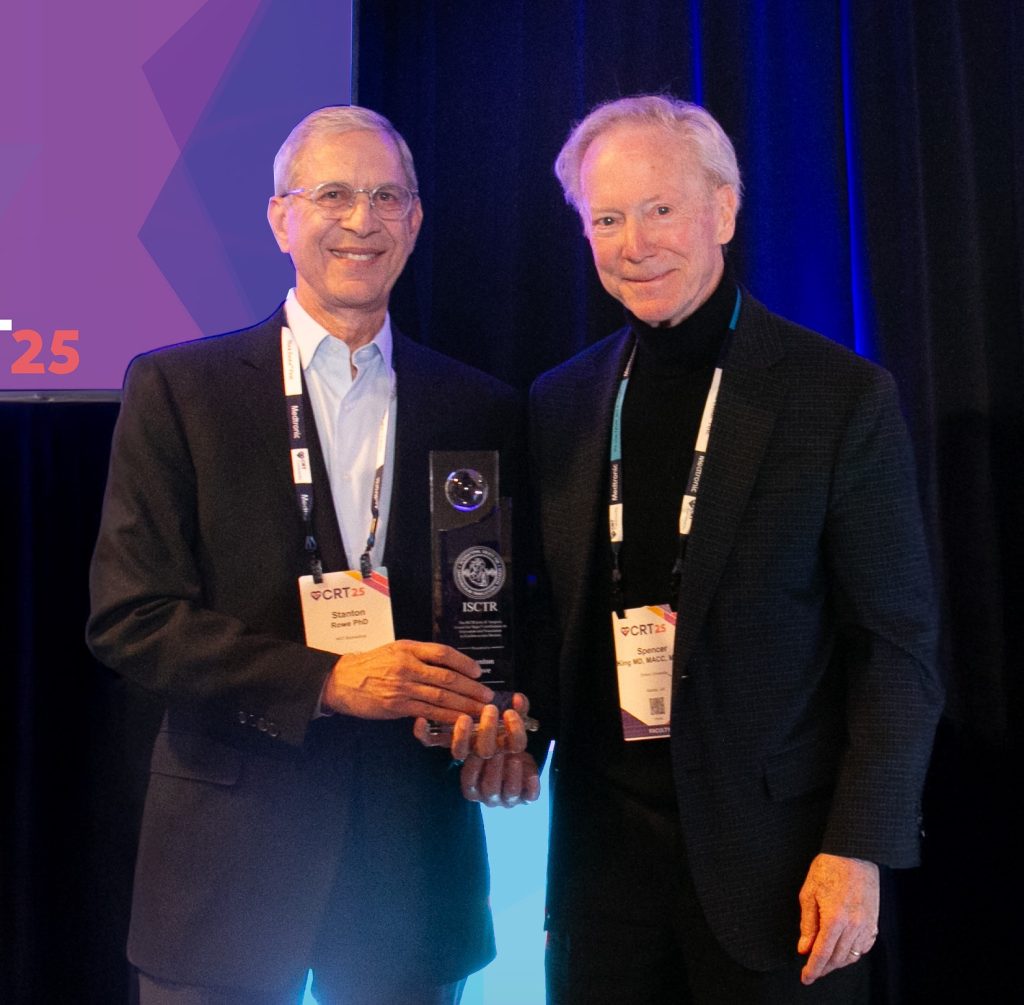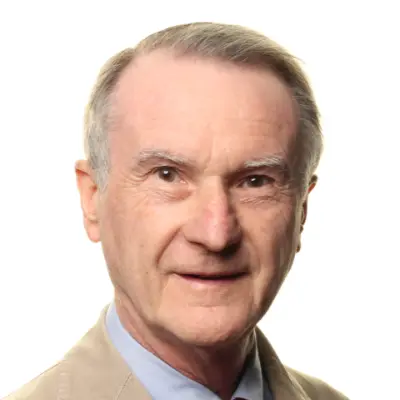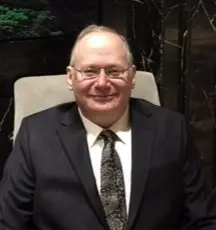After completing his cardiology training Dr. Zuckerman became an Assistant Professor of Cardiology at the University of Colorado Medical School. His research in Colorado focused on investigating changes in pulmonary impedance and compliance associated with pulmonary hypertension. Prior to joining FDA, he also worked as a cardiologist in Northern Virginia in a private practice setting.
He joined the FDA Division of Cardiovascular Devices (DCD) as a Medical Officer/Reviewer in 1992 and soon became actively involved in development and review of clinical trials for many new cardiovascular devices. His main responsibility was in the FDA Interventional Cardiology Devices Branch and he was the primary clinical reviewer for multiple important interventional cardiovascular devices during the 1990s. In May 2001 he was appointed a Deputy Director in DCD. In September 2002 he became Director of the FDA Division of Cardiovascular Devices and was appointed Director of the newly formed FDA Office of Cardiovascular Devices in September 2017.
Throughout his FDA career he has actively witnessed the challenges associated with design and execution of appropriate medical device trials. While basic principles of drug trial design can be extrapolated to device trials, he has also observed some of the unique features associated with medical device trials. As such he has been quite interested in exploring and optimizing new avenues of clinical trial design and execution during his time at FDA. He has, for example, been an active supporter of the use of Bayesian adaptive trial designs in the regulatory setting, of increased collaboration with Japanese regulators, and has most recently assisted in development of a more efficient early feasibility study device pathway in the United States. Other areas of interest include promotion of pediatric device development and improved use of computational modeling methods in device development.
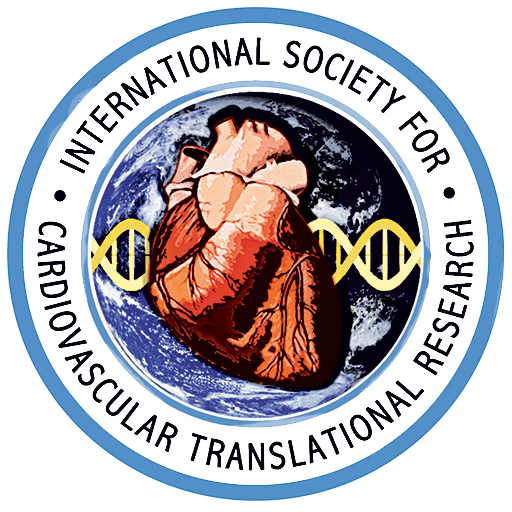
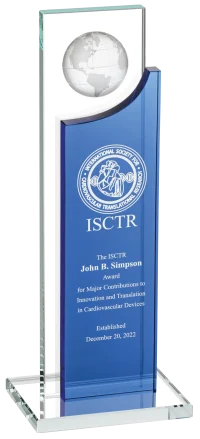
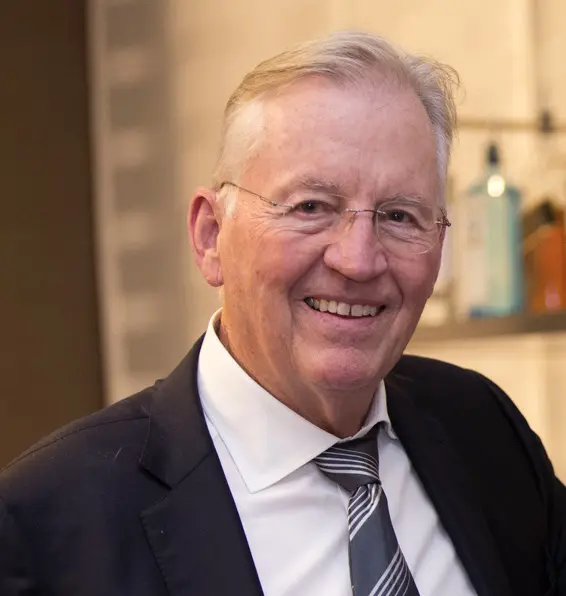
 Mr. Stanton J. Rowe is CEO of Nidus Biomedical, a medical device incubator in Southern California. Mr. Rowe was previously the CEO of NXT Biomedical, the predecessor of Nidus Biomedical. Mr. Rowe was the Chief Scientific Officer of Edwards Lifesciences Corp. for 15 years and served as its Corporate Vice President of Advanced Technology.
Mr. Stanton J. Rowe is CEO of Nidus Biomedical, a medical device incubator in Southern California. Mr. Rowe was previously the CEO of NXT Biomedical, the predecessor of Nidus Biomedical. Mr. Rowe was the Chief Scientific Officer of Edwards Lifesciences Corp. for 15 years and served as its Corporate Vice President of Advanced Technology.